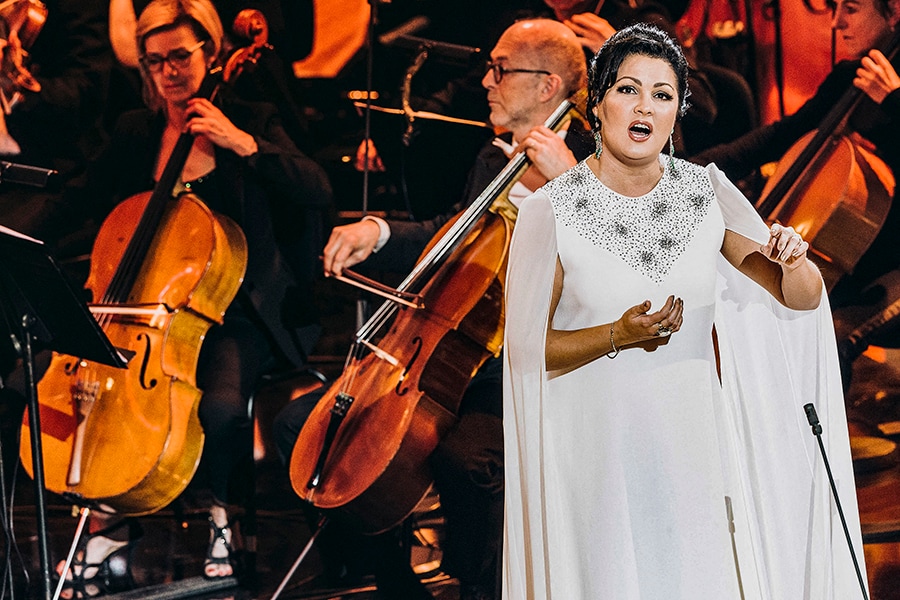
Cold shoulder for Russian artists sparks debate over cultural boycotts
Superstar operatic soprano Anna Netrebko and renowned conductor Valery Gergiev are among the luminaries axed from performing on the global stages they have long graced—but do cultural boycotts work?
 Superstar soprano Anna Netrebko and renowned conductor Valery Gergiev are among the luminaries axed from performing on the global stages they've long helmed.
Image: Christoph DE BARRY / AFP
Superstar soprano Anna Netrebko and renowned conductor Valery Gergiev are among the luminaries axed from performing on the global stages they've long helmed.
Image: Christoph DE BARRY / AFP
As Moscow's invasion of Ukraine enters its third week, a pall has fallen over Russian artists, long crown jewels of a country whose fine arts are an eminent source of soft power.
Superstar operatic soprano Anna Netrebko and renowned conductor Valery Gergiev are among the luminaries axed from performing on the global stages they have long graced—but do cultural boycotts work?
The freezing out of artists who have espoused pro-Kremlin views—or who receive funding from the Russian state—recalls similar measures taken over apartheid-era South Africa or against Israeli institutions in solidarity with Palestinians as part of the BDS movement.
Jane Duncan of the University of Johannesburg, who has studied the power of such boycotts as political change agents, said isolation campaigns based on culture as well as sports can be "highly effective, because they can have a huge psychological impact."
"Russia over a number of centuries now has prided itself on its intellectual, artistic and sporting achievements. It's become part and parcel of its identity and its projection of soft power globally," the academic told AFP.







